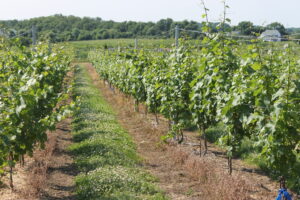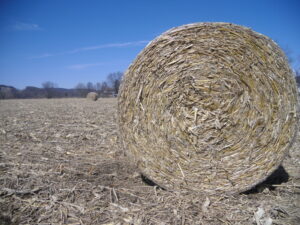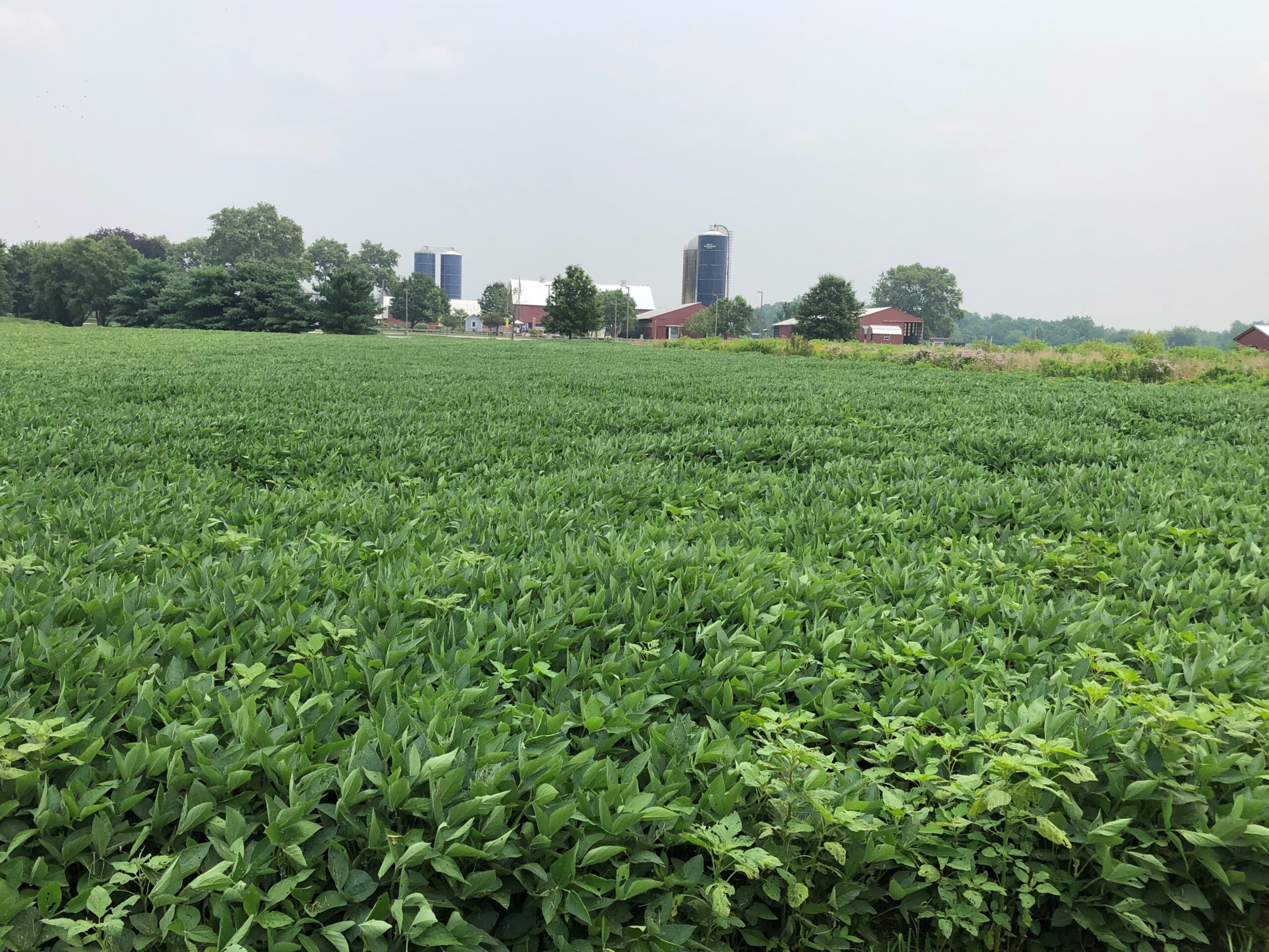August 31st. In person. Salem County Cooperative Extension Office. 51 Cheney Road. Woodstown, NJ. 6:30 pm – 8:30 pm.
The South Jersey Poultry Association invites small flock producers in South Jersey to their monthly meeting. Topics of discussion will be the ongoing HiPath Avian Influenza detections in wild birds in NJ and in wild birds and domestic flocks in neighboring states. Updating animal waste management plans and biosecurity plans to mitigate avian diseases, review of market costs and margins, price and availiability of pullets and related importation regulations will also be reviewed. To register, contact Melissa Bravo at melissa.bravo@njaes.rutgers.edu; or by phone at 856-340-6582. Past newsletters focusing on HiPath Avian Influenza will be available at the meeting.
September 26th webinar. 7:00 pm – 8:30 pm. Penn State University
Penn State Poultry Group. “Highly Pathogenic Avian Influenza (HPAI) has recently been detected in a small poultry flock in Pennsylvania and California and wild birds in several states continue to test positive for HPAI. The Penn State Extension Poultry Team would like to invite you to attend the Why Small Poultry Flock Owners Need to Stay Vigilant with HPAI to Protect Their Flock. We will discuss HPAI, the current outbreak situation, signs of the disease, where to get help if you suspect sick birds, and biosecurity measures you can take to protect your flock”. To register go to: https://web.cvent.com/event/8578bdc3-89d1-472a-9286-bc5f3b50db9d/summary
 ave an idea you would like to try on your farm that is related to sustainable agriculture?
ave an idea you would like to try on your farm that is related to sustainable agriculture?  Here is a checklist of questions to ask and sellers to answer to ensure the fodder purchased is fit for livestock consumption and priced accordingly.
Here is a checklist of questions to ask and sellers to answer to ensure the fodder purchased is fit for livestock consumption and priced accordingly.
